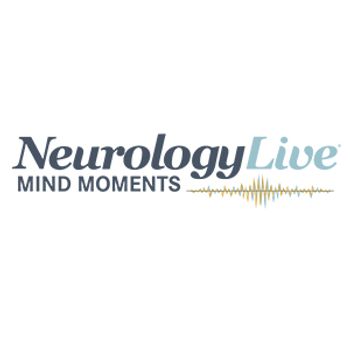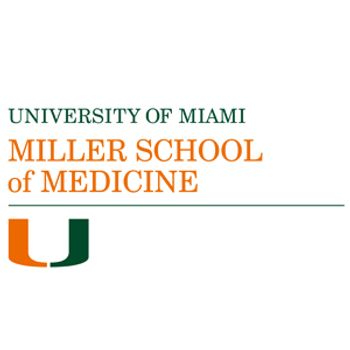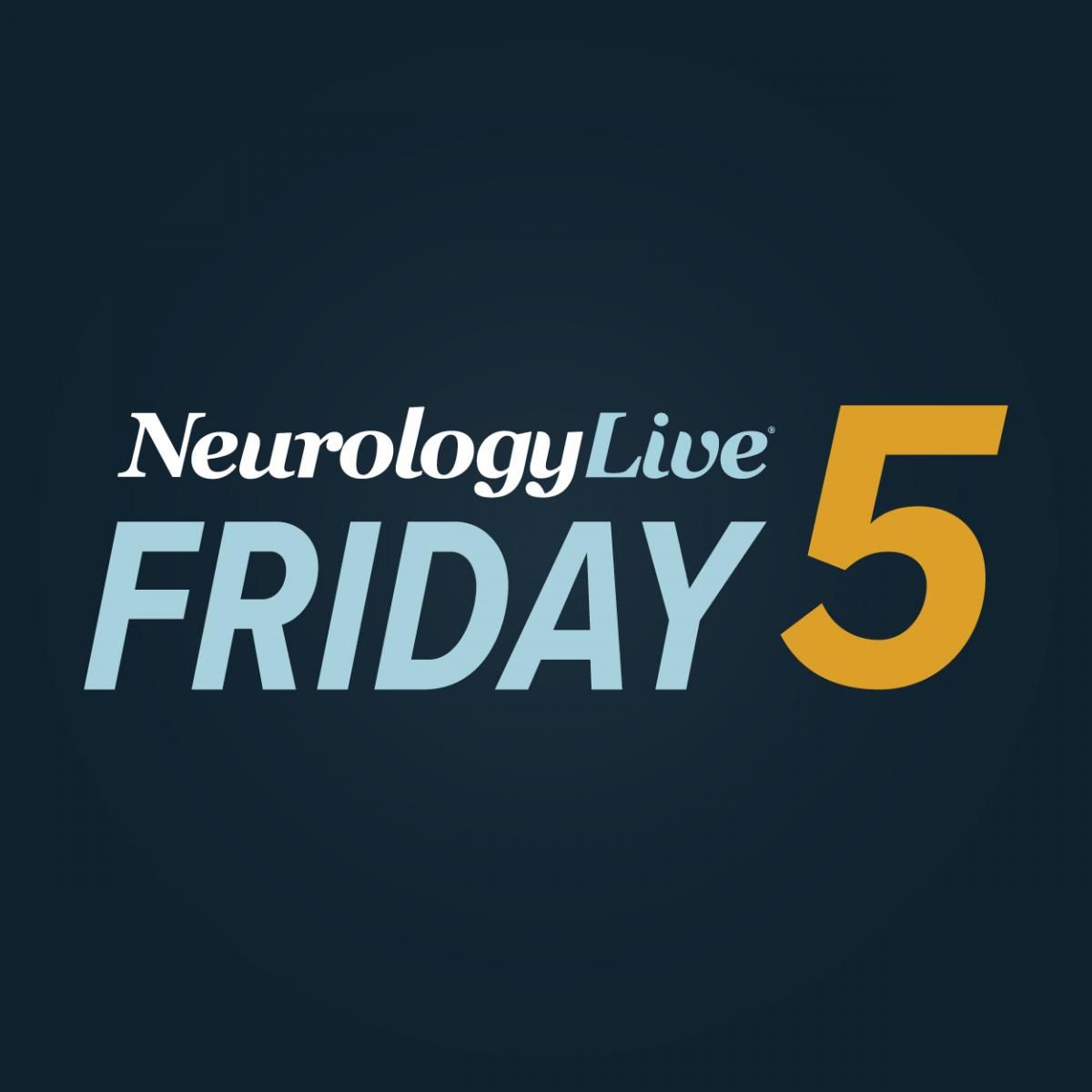
Movement Disorders
Latest News


Vercise DBS System Shows Safety and Efficacy in Treating Parkinson Motor Symptoms
CME Content














Take 5 minutes to catch up on NeurologyLive's highlights from the week ending May 22, 2020.

The drug is the first on-demand off episode treatment to be administered sublingually.

The data support the need to raise awareness of involuntary movements from possible tardive dyskinesia and the importance of properly screening and diagnosing patients.

Take 5 minutes to catch up on NeurologyLive's highlights from the week ending May 15, 2020.

Automated Imaging Differentiation in Parkinsonism (AID-P) outperformed both the Magnetic Resonance Parkinsonism Index and neurofilament light chain protein in differentiating PD from atypical parkinsonism.

Take 5 minutes to catch up on NeurologyLive's highlights from the week ending May 8, 2020.

Take 5 minutes to catch up on NeurologyLive's highlights from the week ending May 1, 2020.

The COMT inhibitor helps increase ON time without promoting dyskinesia.

Take 5 minutes to catch up on NeurologyLive's highlights from the week ending April 24, 2020.

Take 5 minutes to catch up on NeurologyLive's highlights from the week ending April 17, 2020.

"Mind Moments," a podcast from NeurologyLive, brings you an exclusive interview with Fernando Pagan, MD.

Elevated risk of falling, an indicator of early stage Parkinson Diseas, could be predicted by a simple tandem gait test.









